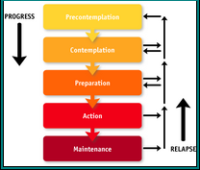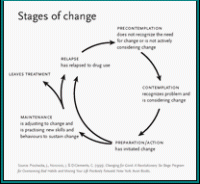
If your child suffers from night terrors, it can be stressful and frightening for you. Here are some steps you can take to make getting through night terrors easier.
* Make the child’s room safe to try to prevent the child from being injured during an episode.
* Eliminate all sources of sleep disturbance.
* Maintain a consistent bedtime routine and wake-up time.

Unfortunately, there is not much you can do to help your child during the actual episode except to make sure they are safe. Fortunately, the night terror is short-lived.
What Medical Treatment Is Available for Night Terrors?
Unfortunately, no adequate treatment exists for night terrors. Management primarily consists of educating the family about the disorder and reassuring them that the episodes are not harmful.
In severe cases in which daily activities (school performance, peer or family relations) are affected, an antidepressantmedication may be used as a temporary treatment.


















